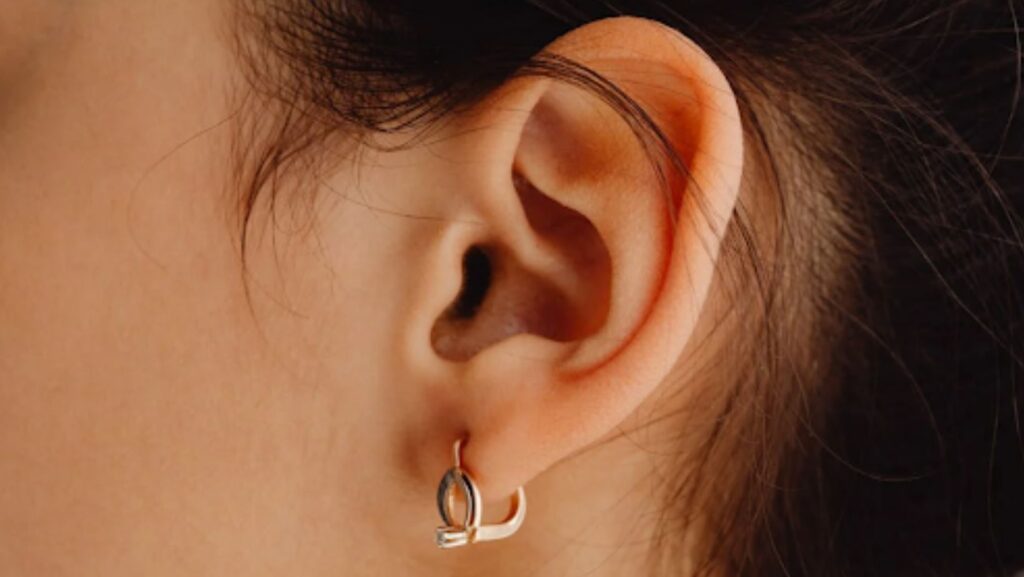Experiencing ear pain can be unsettling and often signals an underlying issue that needs attention. While occasional discomfort might seem manageable, ignoring persistent pain can lead to more severe complications. Various factors can contribute to ear pain, including infections, allergies, or even issues related to jaw alignment. Many people may attempt home remedies or over-the-counter solutions to alleviate their discomfort, but if these methods do not provide relief, it’s essential to consult a healthcare professional. In some cases, the pain could be due to excessive earwax buildup, and proper treatment might require expert intervention to avoid causing further issues.
Common Causes of Ear Pain and the Need for Removing Wax
Ear pain can arise from several common causes, and understanding these can help you recognize when to seek help. One prevalent reason is otitis media, an infection in the middle ear that often occurs after a cold or respiratory infection. Symptoms may include sharp pain, fever, and difficulty hearing. If you’re experiencing discomfort, removing ear wax may be necessary, but it’s crucial to do this safely and correctly by going to a professional. Another cause is a swimmer’s ear, an outer ear canal infection usually resulting from moisture trapped in the ear. This condition can lead to itching, redness, and significant discomfort.
Other potential causes of ear pain include eustachian tube dysfunction, which can occur when the tube connecting the throat to the middle ear becomes blocked. This blockage can create pressure changes in the ear, leading to pain. Additionally, dental issues, such as tooth infections or jaw misalignment, can manifest as ear pain, often making diagnosis challenging.
Other Symptoms to Watch For
Identifying the specific symptoms associated with ear pain can help you understand the severity of your condition.

Beyond the primary pain, you may experience sensations like fullness, hearing loss, or ringing in the ears. Increased awareness of these symptoms can guide your decision to seek medical advice. For children, signs of ear discomfort may be more subtle, such as irritability or difficulty sleeping.
Home Remedies That May Help
While it’s essential to recognize when to seek medical help, many people find relief through various home remedies. Warm compresses can soothe pain, while over-the-counter medications like ibuprofen or acetaminophen can help alleviate discomfort. Staying hydrated and using a humidifier can also support your ear health during a cold or allergy season. However, remember that these methods are not a substitute for professional advice if pain persists, and visiting an ENT clinic in Singapore can provide specialized care to diagnose and treat underlying issues effectively.
The Role of Allergies and Sinus Issues
Allergies and sinus infections can significantly contribute to ear pain. When allergens trigger a reaction, they can lead to inflammation and congestion, which may affect your ears. If you notice your ear pain coinciding with allergy symptoms like a runny nose or sneezing, managing those allergies might relieve your discomfort. Exploring allergy medications or discussing your symptoms with a healthcare provider can help you find the right approach.
Impact of Earwax on Hearing
While earwax serves an essential protective function, excessive buildup can lead to hearing loss and discomfort. It’s vital to monitor earwax levels and practice safe cleaning methods to prevent blockages. Regularly checking your ears can help you maintain optimal ear health. For individuals who produce more wax than average, over-the-counter ear drops designed to soften wax may help.
Lifestyle Tips for Healthy Ears
Maintaining ear health involves several lifestyle choices. Avoid exposing your ears to loud noises for prolonged periods, as this can lead to damage. If you are in a loud environment, consider wearing earplugs.

Additionally, keeping your ears dry during swimming or bathing can help prevent infections. A balanced diet rich in vitamins and minerals can also support overall ear health.
When to Seek Further Evaluation
While many ear pain issues can be managed at home, knowing when to seek further evaluation is crucial. If your symptoms persist for more than a few days, worsen over time, or are accompanied by other concerning symptoms such as high fever or severe headache, it’s important to get a thorough evaluation. Timely assessment can prevent potential complications and ensure that you receive the appropriate care for your specific condition.
Preventing ear pain begins with maintaining good ear health. Regularly checking your ears and avoiding inserting foreign objects can help keep your ears clean and free from wax buildup. If you’re prone to ear infections, consider wearing earplugs while swimming or avoid exposure to irritants, such as smoke or allergens. Additionally, staying informed about potential risk factors, such as colds or sinus infections, can help you take preventative measures to protect your ears. Regular check-ups with a healthcare professional can also aid in maintaining optimal ear health.
